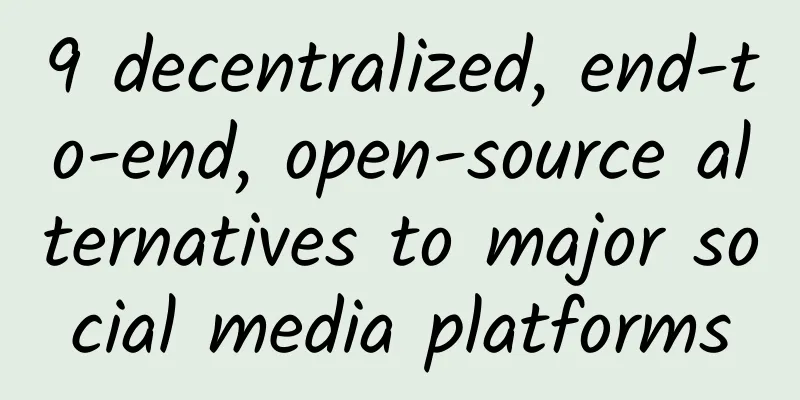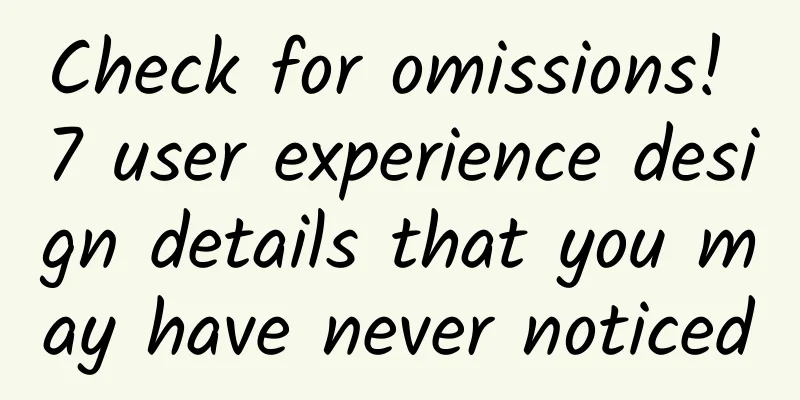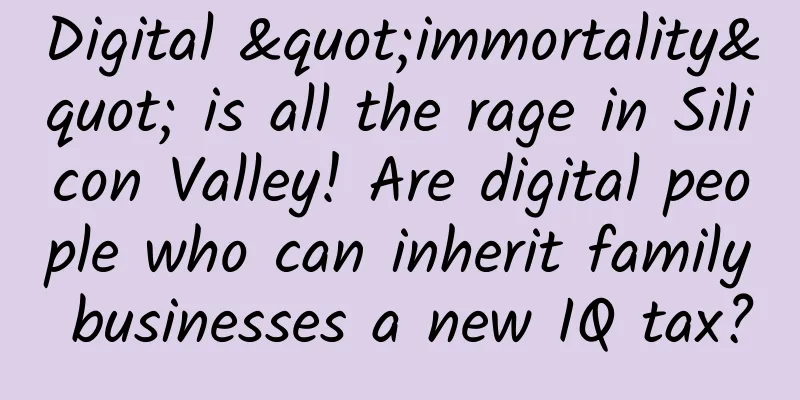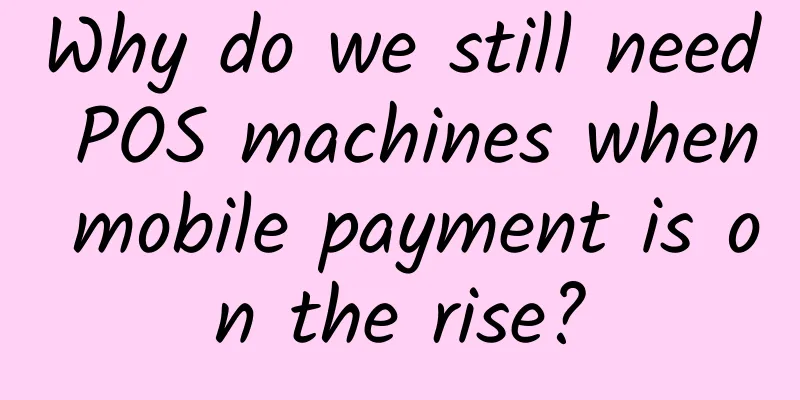9 decentralized, end-to-end, open-source alternatives to major social media platforms

|
As you probably know, Facebook has come under fire for potentially sharing user data from its “end-to-end encrypted” chat service WhatsApp. These controversial privacy policy changes have caused countless people to switch to WhatsApp alternatives. Privacy-conscious people have long expected this to happen. After all, Facebook spent $19 billion to acquire a mobile app like WhatsApp, and it wasn't making any money at the time. Now Facebook needs to get its money back -- the $19 billion it invested. They may be planning to share your data with advertisers, so that the ads you see will be more personalized (and intrusive). If you're tired of the "I have the final say" attitude of tech companies like Facebook, Google, Twitter, etc., then you should try some alternatives to social media platforms. These social platform alternatives are all open source, they all use peer-to-peer or blockchain technology to achieve decentralization, and you may be able to host some of them yourself. Open source and decentralized social networkTo be honest, the experience of these alternative platforms may be different from the experience of the platforms you are used to, but these platforms will not infringe on your privacy and freedom of speech. This is a trade-off. 1. Minds
On Minds, you can post videos, blogs, pictures, and set your current status. You can also send messages or video chats securely to group chats or directly to friends. You can find articles that interest you through popular content and topics. That’s not all. You can also earn tokens by contributing, which can be used to upgrade your channel. Creators can get paid directly from fans in USD, Bitcoin, and Ethereum. 2. Aether
Aether is an open source, end-to-end platform for creating self-governing communities with auditable governance records and elected moderators. Content on Aether is short-lived in nature, and content will only be available for six months unless someone saves it. Because it is peer-to-peer, there is no central server. An interesting aspect of Aether is its democratic community, where the community can elect moderators and also vote to impeach them. 3. Mastodon
Mastodon is already well known among FOSS enthusiasts. We have previously reported on Mastodon, an open source alternative to Twitter, and you can also follow us on Mastodon. Mastdon is not a single website like Twitter, it is a network of thousands of communities, all run by different organizations and individuals, and all provide a seamless social media experience. This is called the "Fediverse". You can host your own Mastodon instance and choose to connect it to other Mastodon instances, or just join an existing Mastodon instance, such as Mastodon Social. 4. LBRY
At its core, LBRY is a decentralized protocol based on blockchain. On top of the protocol is a digital marketplace driven by its cryptocurrency. Through LBRY, creators can offer a variety of digital content such as movies, books, and games. Basically, it is promoted as an alternative to YouTube. You can access this video sharing platform on Odysee. We have covered LBRY before, you can read that article for details. 5. Pixelfed
Pixelfed and Mastodon use the same underlying open protocol, ActivityPub. So you can also interact with your Mastodon instance through Pixelfed. I haven't tried it yet, but in theory you should be able to do it. You should find a few active Pixelfed instances to sign up with. If you want to control your data and privacy, Pixelfed is a simple alternative to Instagram. You can control the privacy of your images and there are no ads on the platform. You get essentially the same features as the photo-sharing platform. However, it doesn’t have the algorithm that drives the timeline, follows a chronological order, and doesn’t collect any of your data for a personalized experience. 6. Peertube
Developed by French company Framasoft, PeerTube is a decentralized video platform that uses the BitTorrent protocol to share bandwidth between users. PeerTube aims to resist corporate monopoly, it does not rely on advertising, and it does not track you. However, please note that your IP address is not anonymous here. There are many instances of PeerTube where you can host your videos. Some instances require payment, but most are free. 7. Diaspora
Diaspora is one of the earliest decentralized social networks. It was touted as an alternative to Facebook back in 2010. It did get some well-deserved attention in the first few years, but it was only used in a niche context. Similar to Mastodon, Diaspora is made up of many "pods" (node servers). You can register on a "pod" or host your own "pod". Technology companies cannot own your data, only you can. 8. Dtube
Dtube is a decentralized YouTube clone based on blockchain. The reason why it is called a YouTube clone is that its interface is too similar to YouTube. Dtube, like other blockchain-based social media, is powered by DTube Coin (DTC). Creators earn DTC every time someone watches or interacts with their videos. These coins can be used to promote content or cashed out through partnered cryptocurrency exchanges. 9. SignalReplaces: WhatsApp, Facebook Messenger Features: Open Source Self-hosted: No Unlike WhatsApp chats, which are end-to-end encrypted, Signal doesn't track you, share your data, or invade your privacy. Signal shot to fame when it was endorsed by Edward Snowden, and when WhatsApp started sharing data with Facebook, Elon Musk tweeted about Signal, which brought it even more attention. Signal uses its own open source Signal protocol to provide end-to-end encrypted messaging and calling services. KARMA (discontinued)
It is also a blockchain-based social network powered by cryptocurrency. KARMA is a clone of Instagram built on the open source blockchain platform EOSIO. Every time your content gets liked and shared, you will get KARMA tokens. You can use these tokens to promote your content or convert them into real money through a cooperative cryptocurrency exchange. KARMA can only be used on mobile phones and is available on the Play Store and App Store. Anything else?There are other services that, while not open source or decentralized, also respect your privacy and freedom of speech.
There is also an Element chat tool based on the Matrix protocol, you can also try it. |
>>: iOS StoreKit 2 New Features Analysis
Recommend
Purple dye, an accident, opened an era
A magical story about medicine, waste, scientists...
What exactly is “Ice Silk”? Why does it make us feel cool?
The hot summer is here, and coolness and comfort ...
Toutiao: We aim to earn 6 billion from advertising this year and make the data transparent!
It is said that the second floor of the new offic...
"How Much Do You Know About Nutrition" series | Food experts: The first thing to consider is whether whole grains are delicious or not, and the second thing to consider is whether you eat enough of them.
"The first thing about whole grains is that ...
National Hair Care Day | Dandruff, itchy scalp, oily scalp, hair loss? These ten problems should be known early
Original source: Xinhuanet WeChat official accoun...
It's here again! Why are there so many supermoons? What are the highlights?
The biggest supermoon of the year is here! Is the...
How can a small e-commerce company with no money and no resources effectively place information flow advertisements?
Friends, Double Eleven is coming soon, which is a...
4 common misunderstandings in short video operations!
We often say that operating short videos requires ...
[Practical] How to create a Facebook ad?
Many newbies have just come into contact with Fac...
iOS 18 is about to be released, get to know the new features first
The May Day holiday is approaching, which means i...
There are more and more strange-looking dogs, some even look like aliens. Why is this happening?
There are many kinds of pet dogs nowadays, with s...
Global mobile phone and home appliance supply chain suddenly "hijacked" by India
[[319920]] On March 22, local time, the Indian ce...
Dandruff and hair loss, what's wrong with our scalp?
I don’t know if you who are busy every day have e...
2020 Tmall Zero-Based Operation Advanced Practical Tutorial
Chapter 1: Jack Taobao Tmall Encyclopedia丨[Introd...
The second dimension "invades" ChinaJoy and sings "youthism"
As one of the most influential events in the fiel...









